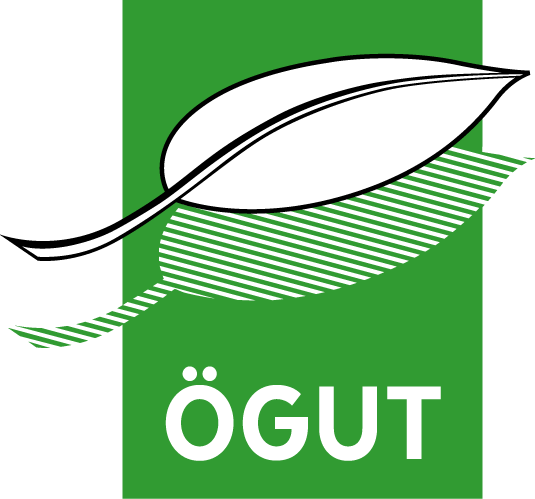Project
Small Wind Power Stations: Quality Assurance, Grid Connection, Business Models and Information
Client Klima- und Energiefonds
Status/Duration completed
Still, small wind power gets more and more popular, the requests at environmental and energy organisations and utilities are growing. The market for small wind power installations is a relatively new market and hence shows the typical problems:
- Lacking quality assurance of small wind power stations because of lacking certification
- Unreliable specifications of the plant’s performance by the manufacturer
- Market intransparency and uncertainty of potential investors
- Open questions about planning process, grid-connection, applicable invertors and security standards
- Heterogeneous conditions for permission and lack of experience of the responsible authorities
- Insufficient assessments of the (energy) economics of small wind power and lacking subsidies.
The project aimed on the improvement of this situation, especially on the solution of technical, legal and administrative problems. The aim was to provide a basis for the establishment of a market for high quality small wind power stations and thereby to contribute to the development of sustainable energy supply.
In order to process these questions in Lichtenegg (Lower Austria) a wind park for small wind power stations and a test bench for single measurement has been established and successfully operated. The interdisciplinary project consortium carried out numerous measurements and analyses there.
To sum up, small wind power in Austria still is a relatively young market, facing a niche. Compared to the large scale wind power missing subsidies, extremely high requirements and long authorization processes were identified. However, the main conclusion after three years testing and evaluating small wind turbines in Lichtenegg: Six out of thirteen small wind turbines performed good or excellent in regards to “operational stability” and “energy yield”.
The test field in Lichtenegg also lead to remarkable improvements and optimisations of the installed small wind turbines.
Accompanying analyses focused on legal and economic conditions. Regarding the legal conditions the requirements in the several Federal States were different and needed a harmonised framework. In the course of the project a guideline for the authorization process (planning, permitting, constructing, grid-connecting and operating) was developed under the close involvement of the project consortium. As a next step the guideline needs a legally-binding basis as, so far, it only provides recommendations and advice.
Concerning the profitability and cost effectiveness of small wind turbines the project showed that a high share of own consumption is to prefer under current market values including subsidies. As a matter of fact Austria offers some very good locations for small wind turbines (> 1.500 hours a years), which also increase the profitability of small wind turbines. An operator’s handbook was developed within the project, providing technical facts and describing the legal and economic framework.
Status
completed in August 2014
Project Management
ÖGUT – Austrian Society for Environment and Technology
Project Partners
- EVN AG
- AEE - Arbeitsgemeinschaft ERNEUERBARE ENERGIE NÖ-Wien
- Solvento Energy Consulting GmbH
- Fachhochschule Technikum Wien
- energiewerkstatt° TECHNISCHES BÜRO UND VEREIN ZUR FÖRDERUNG ERNEUERBARER ENERGIE
- WICON Engineering GmbH
Funding
This project was funded by the Climate and Energy Fund and performed in the frame of the programme "NEUE ENERGIEN 2020".
